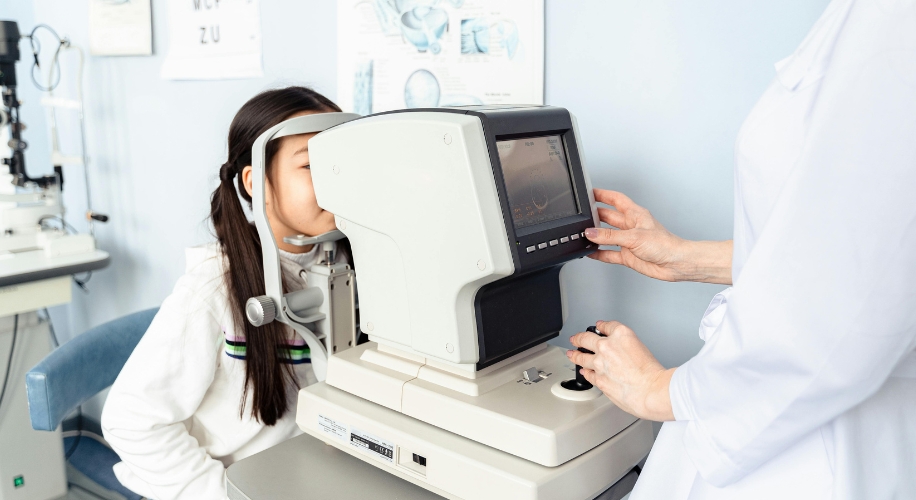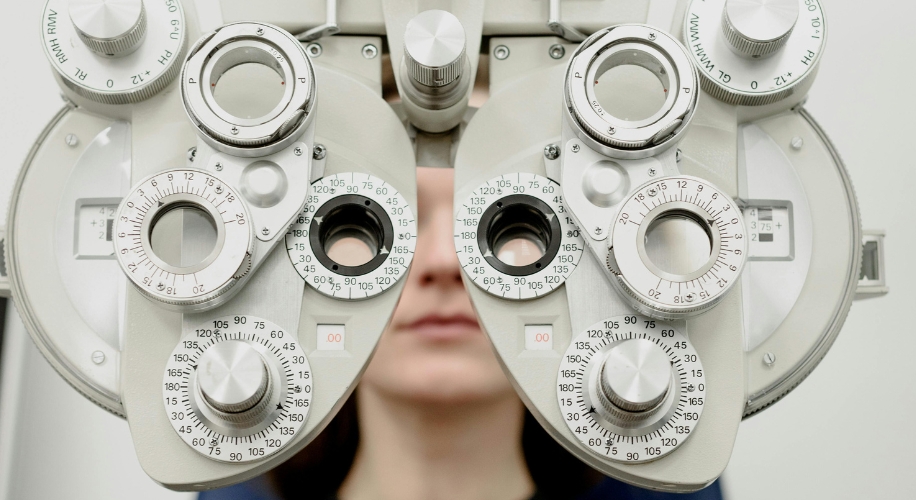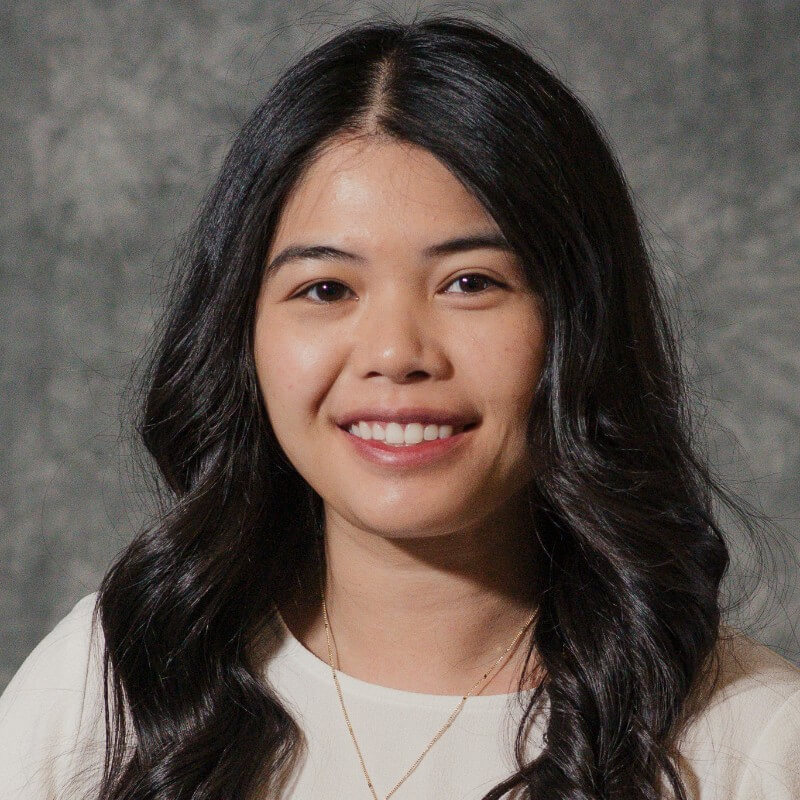Understanding Your Eye Exam Results: What They Mean
Regular eye exams are essential for maintaining optimal eye health and ensuring clear vision. However, interpreting the results can be confusing. This guide aims to demystify common terms and metrics used in eye exam results, helping you understand what they mean for your eye health.

The Basics of Eye Exam Results
Eye exams typically assess various aspects of your vision and eye health. Your eye care professional (ECP) will evaluate the following key elements:
- Visual Acuity
- Refraction
- Eye Health
Visual Acuity: Understanding Your Clarity of Vision
Visual acuity measures how clearly you can see. This is typically assessed using a Snellen chart, which features rows of letters decreasing in size.
20/20 Vision
- If your vision is 20/20, it means you can see at 20 feet what a person with normal vision can see at 20 feet.
Other Visual Acuity Scores
- A score of 20/40 means you need to be at 20 feet to see what someone with normal vision can see at 40 feet.
- A score of 20/15 indicates better than average vision, where you can see at 20 feet what others need to be at 15 feet to see.

Refraction: Identifying Refractive Errors
Refraction determines your prescription for glasses or contact lenses. It identifies refractive errors, which include myopia (nearsightedness), hyperopia (farsightedness), astigmatism, and presbyopia. Your prescription will include specific values for each eye.
- Sphere (SPH): Indicates the degree of nearsightedness or farsightedness. A negative value (-) signifies myopia, while a positive value (+) indicates hyperopia.
- Cylinder (CYL): Measures the degree of astigmatism, which is caused by an irregularly shaped cornea or lens. This value can be positive or negative.
- Axis: Specifies the orientation of astigmatism in degrees, ranging from 0 to 180.
- Add: Pertains to the additional magnification needed for reading or bifocal lenses, primarily relevant for presbyopia.
Eye Health: Ensuring Overall Wellness
Eye exams also include a comprehensive health check to detect any underlying conditions that could affect your vision or overall eye health.
- Retina and Optic Nerve Examination: The ECP will use tools like an ophthalmoscope or fundus lens to examine the retina and optic nerve for signs of damage or diseases such as glaucoma, macular degeneration, and diabetic retinopathy.
- Intraocular Pressure (IOP): Measured using tonometry or the “eye puff test”, this test checks for elevated eye pressure, a risk factor for glaucoma.
- Corneal Health: The cornea is examined for any signs of damage, infection, or disease. This is crucial for contact lens wearers.
Discussing Your Results with Your ECP
After your exam, your ECP will explain the results and discuss any necessary treatments or changes in your prescription. It’s important to ask questions and ensure you understand the implications of your results for your vision and eye health.
Taking the Next Steps
Understanding your eye exam results is the first step towards maintaining optimal eye health. Regular exams help detect issues early, allowing for timely intervention. If your ECP prescribes corrective lenses, Zenni offers a wide range of affordable, high-quality eyewear to suit your needs. To further protect your vision, consider blue-blocking lenses, which reduce eye strain from digital screens. Furthermore, Zenni’s innovative EyeQLenz technology offers All-in-One Defense against infrared, blue light, and UV, combining cutting-edge protection with vibrant style. This ensures your eyes stay healthy and your look stays sharp.

Explore Zenni’s Collection
Your eye exam results provide a comprehensive overview of your vision and eye health. By understanding these results, you can make informed decisions about your eye care. Schedule regular eye exams, discuss any concerns with your ECP, and explore Zenni’s wide selection of eyewear to ensure your vision remains clear and healthy. Prioritize your eye health by staying informed about your exam results and taking proactive steps to maintain your vision.




 Canada
Canada